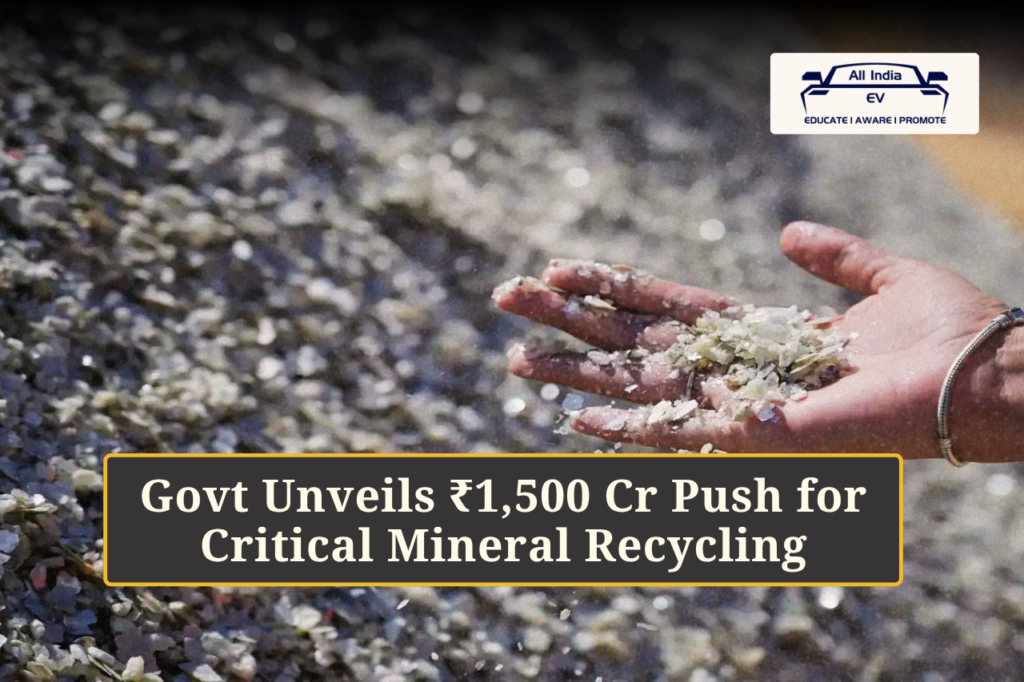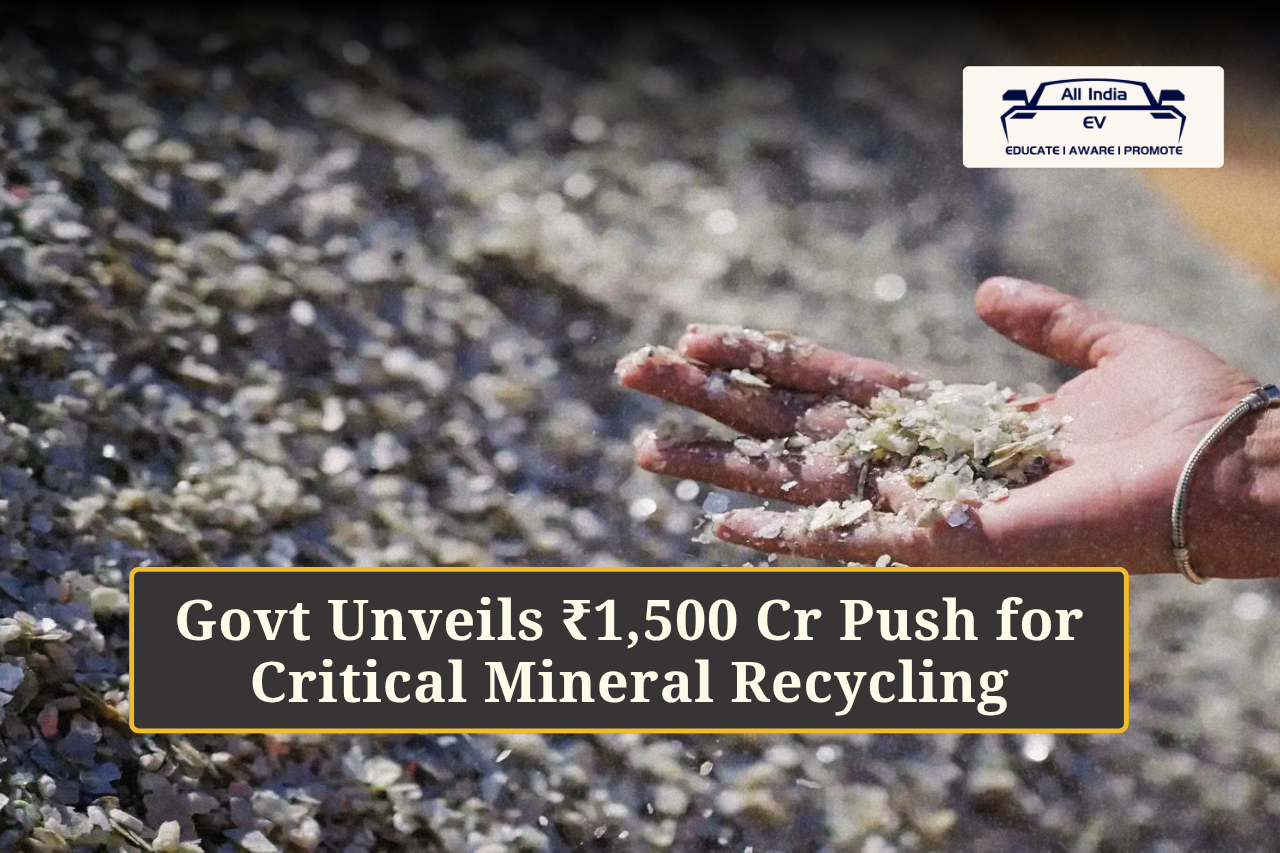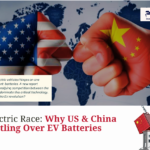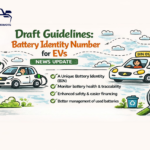
Ministry of Mines Issues Guidelines for ₹1,500 Cr Incentive Scheme to Promote Critical Mineral Recycling and Reduce Import Dependence
The Ministry of Mines has issued detailed guidelines for a ₹1,500 crore incentive scheme aimed at promoting critical mineral recycling in India. The move is part of the country’s strategy to reduce dependence on foreign sources for critical minerals essential to the electric vehicle (EV) and clean energy sectors.
The guidelines outline the scheme’s modalities, including indicative outlays for recycling systems, methodology for incentive allocation, application procedures, evaluation, disbursement, institutional mechanisms, and performance review, according to an official statement. The scheme was finalised after extensive consultations with industry stakeholders.
Approved by the Union Cabinet on September 3, 2025, the initiative is a key component of the National Critical Mineral Mission, focusing on developing domestic recycling capacity for extracting critical minerals from secondary sources.
Eligible feedstocks under the scheme include e-waste, spent lithium-ion batteries (LiB), and other scrap materials. The scheme targets both large established recyclers and small/new entrants, including start-ups. Incentives apply to new units, as well as capacity expansion, modernisation, and diversification of existing facilities.
Importantly, the scheme focuses on the extraction of critical minerals and does not extend to units involved solely in black mass production. With the release of these detailed guidelines, the scheme is now open for applications from October 2, 2025, to April 1, 2026, and application details are available on the Ministry of Mines’ website.
To ensure broad participation, the total incentive (Capex plus Opex subsidy) per entity is capped at ₹50 crore for large entities and ₹25 crore for small entities, with Opex subsidies limited to ₹10 crore and ₹5 crore, respectively.
The scheme is expected to deliver significant impact for India’s EV ecosystem. At least 270 kilo tonnes of annual recycling capacity is projected, generating around 40 kilo tonnes of critical minerals annually, attracting ₹8,000 crore in investment, and creating nearly 70,000 direct and indirect jobs.This initiative strengthens India’s EV supply chain by ensuring domestic availability of critical minerals, supporting battery manufacturing, and enhancing the self-reliance and sustainability of the nation’s clean energy and electric mobility goals.










